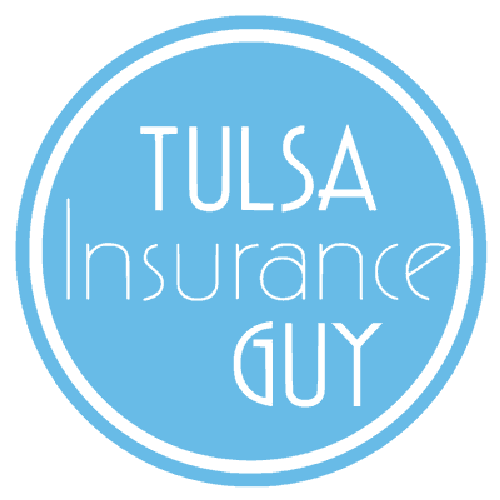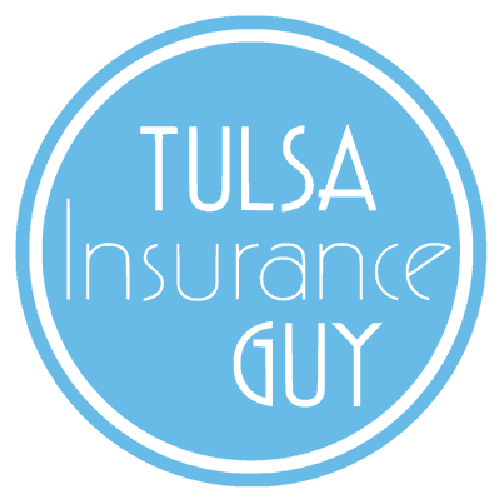What is homeowners insurance?
Homeowners insurance protects one of life’s biggest investments. Should a tree fall through your Tulsa roof , water damage your floor or a fire break out in the kitchen, insurance for your home helps cover the cost to repair or rebuild. It also may cover other buildings on your property like a garden gazebo or storage shed. If the damage is extensive enough to prevent you from living in your home, homeowners insurance also helps cover the costs of temporary housing and living expenses.
I’m thinking about buying my first home. Am I required to have insurance?
Yes, Lenders always require first time buyers to purchase insurance.
Does my home insurance cover damage caused by earthquake or flood?
No. A standard homeowners policy does not generally cover damage caused by earthquake and floods. These sources of damage require additional coverage or a separate policy. If you live in an area that is prone to these types of events.
Flood insurance is available through the National Flood Insurance Program.
What is the difference between water damage and flood damage?
The damage can be similar but the cause is different.
Water damage is usually caused by water coming from something like an overflowing toilet , a pipe burst, a dishwasher that leaks all over the kitchen floor, or a roof that leaks after a hard rain.
Flood damage is caused by water coming from something like an overwhelmed levy that breaks, a clogged drainage system, a river or lake that overflows or even just the ground being inundated with too much water after a torrential storm. Water seeping into your basement after a heavy rain or winter runoff is usually also considered flood damage.
What is a flood?
According to the National Flood Insurance Program, “A flood is a general and temporary condition where two or more acres of normally dry land or two or more properties are inundated by water or mudflow.” You can learn more about floods on the Flood Smart website.
What are home contents?
Home contents are the things inside your home not permanently fixed to the walls, ceiling or floor. Your couch, television, carpet, refrigerator, dining room table and floor lamp are examples of home contents.
We recommend keeping and inventory of your home contents with an online service like Know Your Stuff.
Get More Out of Life with the Proper Home Insurance
- We recommend using an online home inventory service like Know Your Stuff.
- Compare the value of your belongings to the coverage listed in your policy. Make sure you have enough insurance to replace your personal possessions if they’re lost, stolen or damaged. If you ever need to make a claim, having a full inventory of your personal property will help the process go smoother.
- Learn how to select the proper amount of coverage for your home. Without the right level of coverage, you may not have enough to cover the cost of rebuilding after a total loss.
- Learn how to prevent leaks from turning into a major water damage problem.
- Learn how to properly maintain synthetic siding (EIFS) to prevent water and moisture damage.
- Five years of claims history in a CLUE report offers a valuable perspective on your biggest financial investment.
- When you live in an area prone to certain types of natural hazards, it’s important to be well informed and prepared. Learn how to safeguard yourself and your family just in case a worst case scenario happens.


